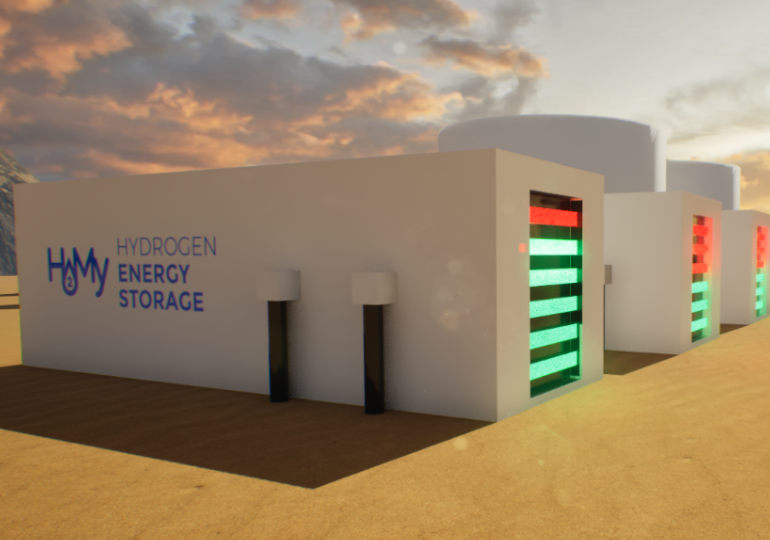H2My will co-develop energy storage and energy management systems in the future
Until we begin developing and marketing our own innovative seawater desalination plants, we will utilize and market (store) the opportunities and products currently available on the market.
Lithium-ion batteries are currently a good choice for medium to large photovoltaic systems.
Choosing the best energy storage depends on several factors, such as budget, available space, required capacity, efficiency, longevity, scalability and also important: environmental sustainability.
The known batteries (AKKU) and types for these requirements are:
Lithium-ion batteries:
For modern energy systems, they have a high energy density, a long service life, offer good efficiency and are scalable.
Lead acid batteries:
A cheaper and well-known alternative can be an economically sensible solution.
Redox flow batteries:
For very large storage requirements. They have a long service life and are easily scalable.
Saltwater batteries:
A more environmentally friendly option. They are safer and non-flammable, have a lower energy density.
Energy management systems:
Advanced energy management systems that optimize the production, storage, consumption and delivery of energy. These systems also help to coordinate energy production with demand times.

